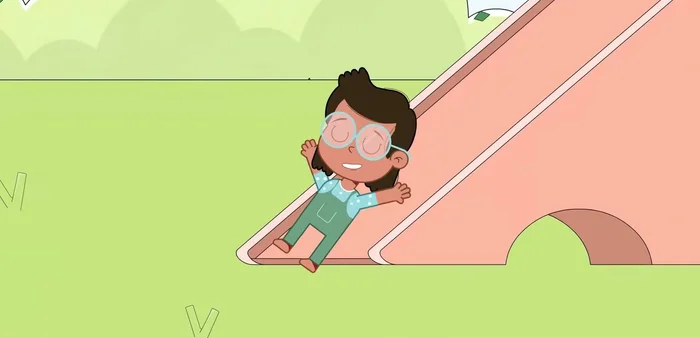Feeling lonely? Yearning for deeper connections? Making friends as an adult can feel surprisingly challenging, but it doesn't have to be a daunting task. Whether you've recently moved, are navigating a new chapter in life, or simply want to expand your social circle, forging meaningful friendships is achievable with the right approach. Building confidence and fostering genuine connections requires a proactive and positive mindset, shifting from passive observation to active engagement. We often underestimate the power of small interactions and the impact of a genuine smile.
This article will equip you with easy-to-implement tips and strategies to help you confidently navigate the world of friendship-making, turning those fleeting encounters into lasting bonds. Get ready to embark on a journey towards building a rich and fulfilling social life as we delve into a step-by-step guide designed to help you make new friends and deepen existing relationships.
Preparation and Safety Guidelines
- N/A
- Prioritize your safety: Meet new people in public places initially and let someone know your plans. Never share overly personal information too quickly.
- Trust your instincts: If a situation or person feels uncomfortable, remove yourself. Your safety and well-being are paramount.
- Be mindful of online interactions: Treat online friendships with the same caution as in-person ones. Don't share sensitive information or meet someone in person until you feel confident and safe.
Step-by-Step Instructions
Initiating Interaction
- Saying hi and smiling to initiate interaction.
- Making the first move to approach others.


Initiating Interaction Joining a Group
- Sharing and offering to play.
- Asking politely to join in.
- Using polite phrases like "Excuse me" before interrupting.


Joining a Group Cooperative Play
- Taking turns and sharing.
- Saying "please" when asking for something.
- Saying "thank you" and "you're welcome" to show appreciation.


Cooperative Play
Read more: Boost Your Social Skills: A 10-Step Guide for Kids & Teens
Tips
- Sharing toys or activities shows willingness to connect.
- A friendly wave or smile can encourage others to interact.
- Polite language makes interactions smoother and more inviting.
- Taking turns promotes fairness and encourages collaboration.
- Initiating conversation, even a simple "hi," can lead to new friendships.






